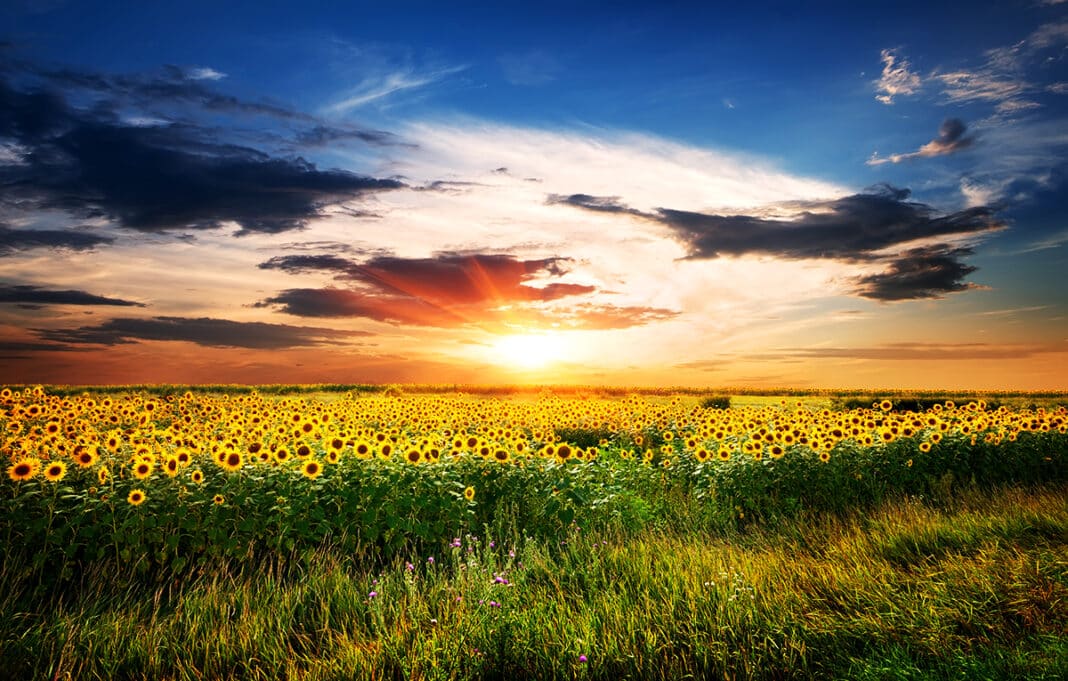Animal pollution, also known as wildlife pollution, is a serious threat to the survival of our planet’s diverse and beautiful wildlife. The impacts of animal pollution may not be immediately visible, but they are numerous and far-reaching. From plastic pollution to oil spills and toxic waste, wildlife pollution contributes to the endangerment and extinction of countless animal species. Fortunately, there are steps we can take to lessen and ultimately eradicate animal pollution. Here, we’ll explore the challenges of animal pollution, its impact on wildlife, and practical actions we can take to make a difference.
The Challenges of Animal Pollution
One of the most significant challenges when it comes to animal pollution is the complex web of factors involved. Animal pollution stems from a range of sources, including industrial waste, agricultural runoff, plastic debris, oil spills, and chemical pollutants. The diversity of sources and types of pollution makes it difficult to pinpoint precisely the extent of the damage and the most effective means of prevention.
Additionally, animal pollution affects a vast variety of wildlife and ecosystems in different ways. Pesticides and toxic chemicals can poison animals, while oil spills can smother marine life and damage food chains. Trash and plastic waste can entangle or suffocate marine animals or lead to plastic ingestion, causing internal damage and death.
These complexities demand that solutions must be multifaceted, reaching across industries, sectors, and borders to address the issue holistically and comprehensively. Identifying best practices and collaborative efforts to prevent and mitigate animal pollution is crucial in protecting vulnerable animal populations and their habitats.
The Impact of Animal Pollution on Wildlife
One of the primary concerns of animal pollution is the devastating impact it has on wildlife. The toxic substances released in industrial processes and agricultural practices contaminate soil, water, and air, endangering and killing the animals that live within those ecosystems. Moreover, pollution is causing irreparable harm to our oceans, seas, and marine life.
Marine animals that ingest plastic waste and other pollutants suffer internal injuries and disease that cause painful death. Birds and marine animals get entangled in plastic waste, leading to asphyxiation, choking, starvation, or predation. As pollution accumulates, fish and other sea creatures that people depend on for food are also affected, disrupting the food chain, affecting seafood safety and causing long-term damage to the world’s fragile ocean ecosystems.
The impact of animal pollution is not limited to marine environments. Insects, small mammals, and birds are also at risk due to exposure to toxic chemicals found in conventional pesticides. Pesticides break down slowly in the environment and accumulate in the food chain, posing a long-term risk to many different animal species.
Practical Actions to Prevent Animal Pollution
There are practical and effective actions we can take to prevent animal pollution from devastating our wildlife and environments. Here are a few recommended practices:
Reduce Your Carbon Footprint
Carbon footprint refers to carbon dioxide emissions resulting from human activities that contribute to climate change. Reducing your carbon footprint can help reduce the impact of climate change on habitats and species. Practicing good energy-saving habits like using public transportation, cycling or walking instead of driving, conserving water, and turning off lights when not in use, are some of the many ways to cut earth-warming pollution.
Reduce Plastic Waste
Plastic waste is a critical source of animal pollution and, unfortunately, it’s hard to avoid. One way to reduce plastic waste is through proper disposal. Ensure that all plastic waste is correctly recycled or disposed of in bins. Consider using reusable bags instead of disposable plastic bags, reduce the amount of plastic goods you buy, and opt for alternatives made from more eco-friendly materials.
Advocate for Animal Safety
Advocacy on behalf of animal welfare is a crucial step in protecting species threatened by pollution. You can do this by contacting elected officials and urging them to support policies that protect wildlife. You can also get involved with environmental organizations and books aimed at protecting animals threatened by pollution. Through awareness and prevention, we can reach new heights in eradicating animal pollution and preserving our wildlife.
Promote the use of Eco-Friendly Products
The use of eco-friendly products helps reduce chemical pollution and waste, thus reducing the risks to the environment and animal life. Choosing biodegradable and environmentally-friendly products, rather than chemically-based or synthetic products, can aid in keeping pollution at bay. Buying organic food and supporting local producers reduces the amount of harmful pesticides used in traditional agriculture, reducing the impact of unsustainable farming practices on waterways, soil and animals.
Conclusion
The consequences of animal pollution on our wildlife and environment are alarming and far-reaching. Without concerted efforts to reduce or eradicate animal pollution, we will continue to endanger and threaten the existence of many animal species. Advocacy, public education, and collaborative efforts are critical in preventing pollution and protecting wildlife. By practicing conscious, eco-friendly living habits, we can positively impact and help preserve the beauty and wonder of our planet’s diverse wildlife.
- Join the Movement for Ethical Treatment of Animals in Agriculture: How We Can Make a Difference Together - 28 de mayo de 2023
- Take Action Against Animal Pollution: Protect Our Wildlife! - 28 de mayo de 2023
- Powerful Prose: The Importance of Animals in Literature - 28 de mayo de 2023



